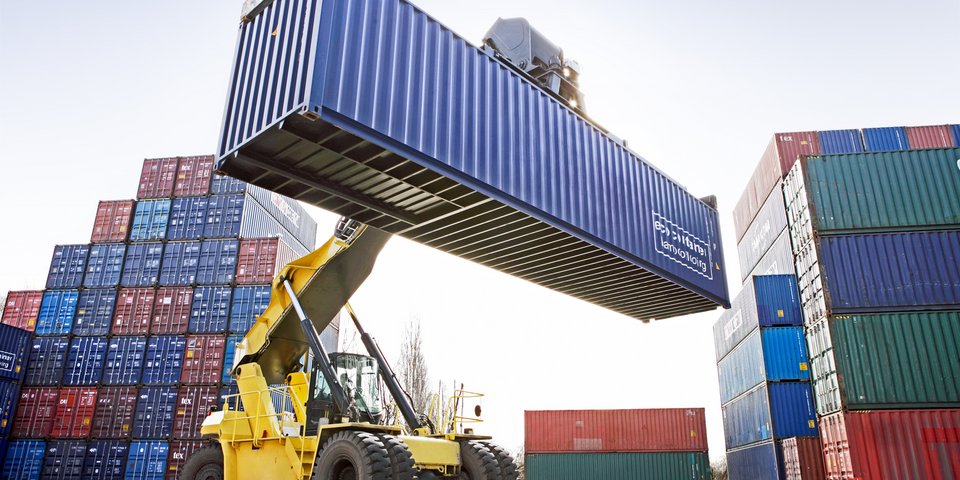 thomaslerchphoto - Fotolia
thomaslerchphoto - FotoliaSupply Chain Act - the EU aims to promote a fair and sustainable economy
Pension insurance might be affected!
VS – 03/2022
The European
Comission presented a package
of measures for a "fair and sustainable economy" on February
23. The package included a Proposed directive about corporate due
diligence in the area of sustainability (European supply chain law) and a Communication about a strategy for promoting
decent working conditions worldwide. German pension funds are also
included in the context of the scope of the proposed directive.
Strategy for promoting decent working conditions
With
this communication the EU reaffirms its commitment to seeing decent global
working conditions and it also emphasises its international responsibility.
Decent working conditions should be promoted in all sectors and policy areas.
All workers inside and outside the EU should have access to safe and healthy
working conditions.
The
focus here is on abolishing child labour and forced labour throughout the
world. The Euopean Comession is preparing a legal framework, as announced by
President Ursula von der Leyen in her 2021 State of the Union address. The aim
is to ensure that any products that were manufactured through the use of forced
labour can no longer enter the EU market.
European Supply Chain Act
As early
as 2020, the EC announced a draft directive covering corporate due diligence
and held a public consultation about "sustainable corporate
governance" (a reported by DSV).
The
proposed directive aims to create a legal framework for improving environmental
protection, human rights and children's rights along the global supply chains.
The due diligence obligations of companies should also cover production
processes and the working conditions at suppliers outside Europe. Abuses should
be identified, traced and prevented from the time they become known. Violations
of the corporate duty of care will be punishable by fines or claims for
damages.
Inclusion of pension insurance is unclear
The
financial undertakings to which the proposed directive refers also include
pension institutions within the meaning of EU Regulation No 883/2004 and (EU No
987/2009). Therefore German pension funds will also fall within the scope of
the proposed directive.
However,
the purpose of this inclusion must be questioned. German pension funds do not
act in an entrepreneurial way here. Certainly they are players in the capital
market. However, as in all of the EU member states, the financial resource
investment options used by the German pension funds are subject to strict legal
regulation as well as tight controls.
If
German pension funds hold huge buffer assets, then they will act, - as in the case of Sweden, - as
funds on the capital market. However, they will have to be listed separately as
affected financial entities under the proposed directive. Therefore the need
for additional involvement by the German pension funds is not apparent.
Rather,
this will lead to uncertainty in how the proposed directive will be
interpreted. Therefore there is an urgent need to specify or, better still, to
delete the reference to the German pension funds in any further discussions.
